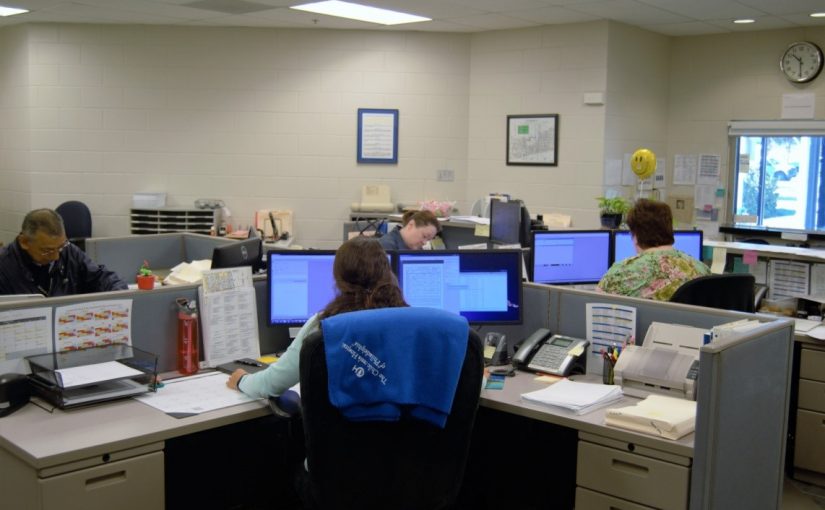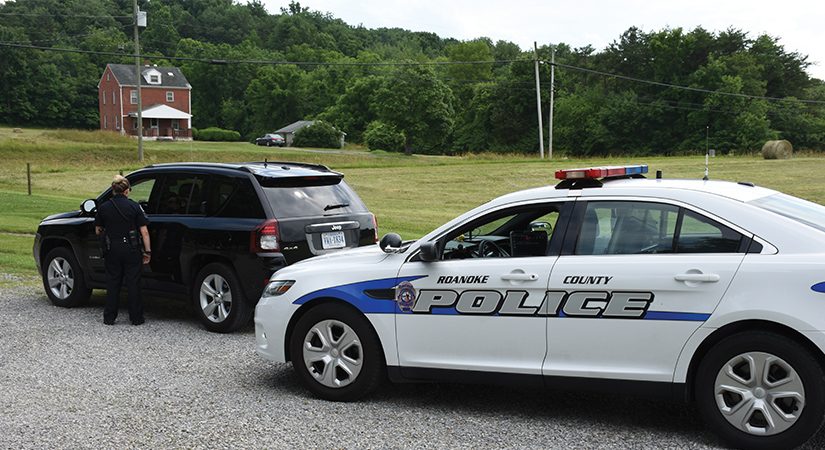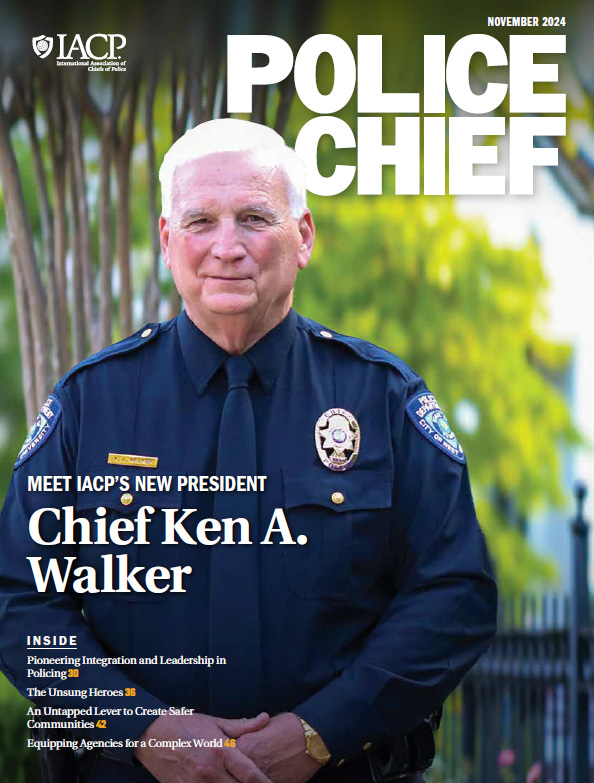
Share
The management of any police department is a challenge. The need to balance the expectations of the elected officials, the community, and the staff is something that can be both frustrating and reward...

Share
Traffic collisions take more lives and end more careers for law enforcement officers than any other event—felonious or accidental. According to the National Law Enforcement Officers Memorial Fund (N...

Share
Instigating change can be difficult, particularly in fields such as policing that are steeped in tradition and that possess a strong culture. Education is the key to the change process, and adult lear...

Share
Collaboration is the key to planning successful, effective annual training. Effective collaborators include risk managers, prosecutors, community members, advocacy groups, and officers themselves. Acc...
Share
America’s law enforcement training academies have been steadily expanding their use of a secure national network. NLEARN—short for National Law Enforcement Academy Resource Network—seeks to shar...
Share
During the past five years, the Maine Chiefs of Police Association (MCOPA) has led an effort to implement an online component within Maine’s overall public safety training delivery system. Using fun...

Share
The recent National Academy of Sciences (NAS) report, Strengthening Forensic Science in the United States: A Path Forward, contains several controversial recommendations for U.S. law enforcement agenc...
Share
On February 18, 2009, the National Academy of Sciences (NAS) issued a long-awaited report from its committee charged with identifying the needs of the forensic science community. The final 254-page re...



